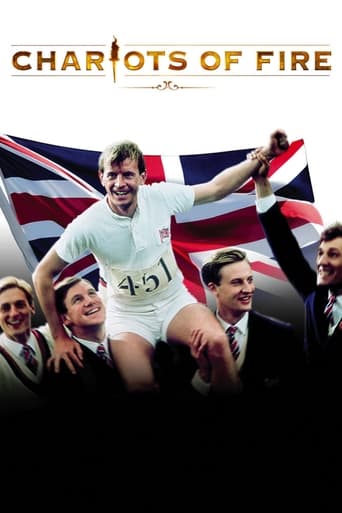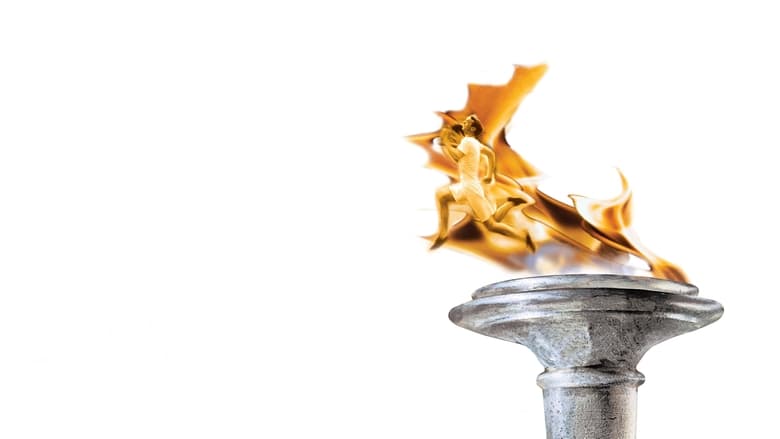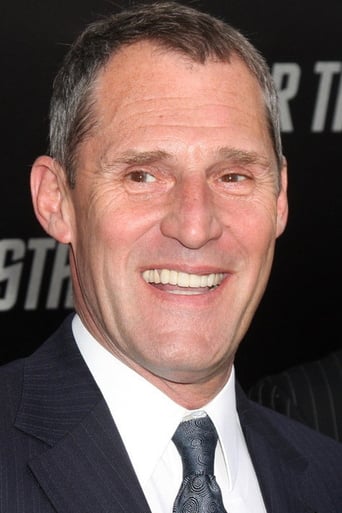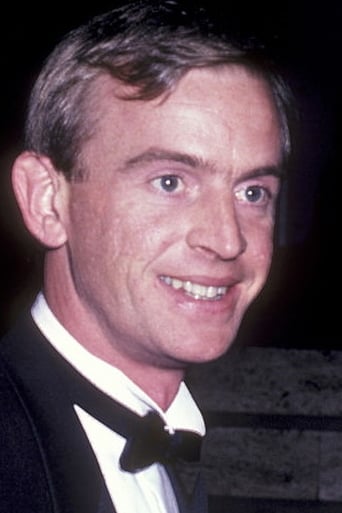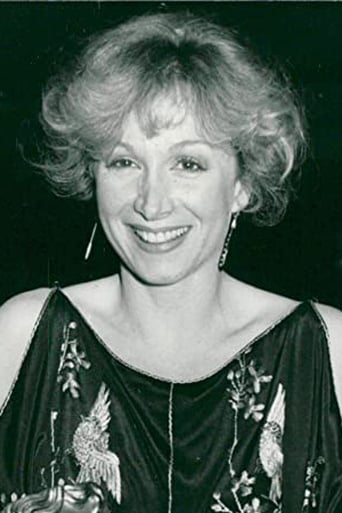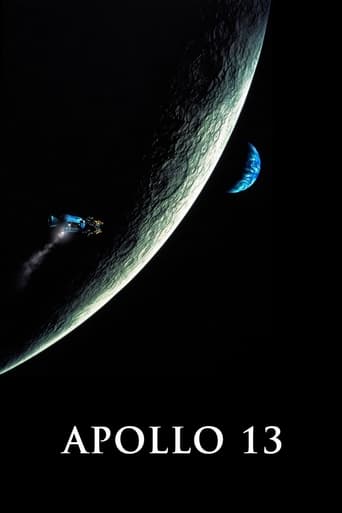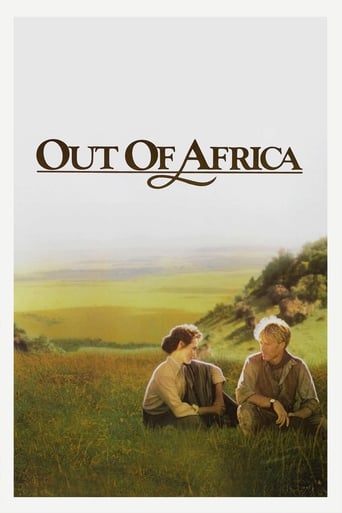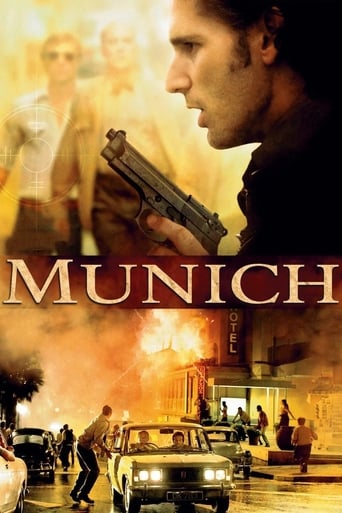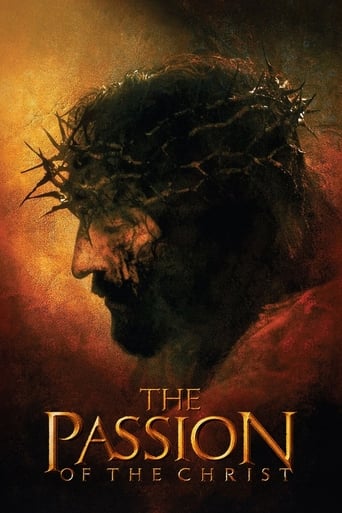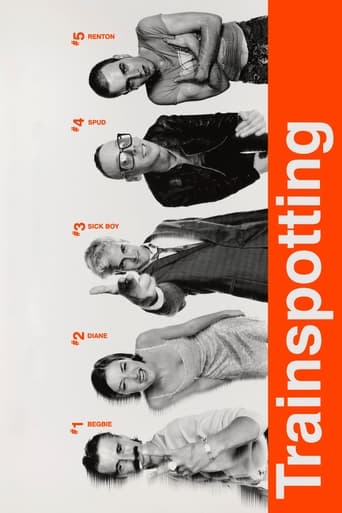Chariots of Fire (1981)
In the class-obsessed and religiously divided UK of the early 1920s, two determined young runners train for the 1924 Paris Olympics. Eric Liddell, a devout Christian born to Scottish missionaries in China, sees running as part of his worship of God's glory and refuses to train or compete on the Sabbath. Harold Abrahams overcomes anti-Semitism and class bias, but neglects his beloved sweetheart in his single-minded quest.
Watch Trailer
Free Trial Channels
Cast


Similar titles
Reviews
Good story, Not enough for a whole film
Instead, you get a movie that's enjoyable enough, but leaves you feeling like it could have been much, much more.
This movie was so-so. It had it's moments, but wasn't the greatest.
The movie's neither hopeful in contrived ways, nor hopeless in different contrived ways. Somehow it manages to be wonderful
"Chariots of Fire", the 1981 sports drama, which stretches a time span from 1919 to 1978, where the two main characters of Harold M. Abrahams, played by Ben Cross and Eric Liddell, performed by Ian Charleson find redemption by winning gold metals at the Olympic Games 1924 in Paris. Director Hugh Hudson, former commercial co-producer and realisateur and English producer David Puttnam, known before for launching Ridley Scott's feature debut "The Duellists" in 1977, who kept tight connections to the Cannes Film Festival committee in his prime to realize some fine artful mainstream pictures in the 1980s, including "The Killing Fields" (1984) and "The Mission" (1986) for which eventually earned the Palme d'Or.The film directed by Hugh Hudson has everything what a dramatic picture should have. Compelling cinematography by David Watkin, who combines every possible instruments from precisely paced dolly shots over hand-held immersive character POVs, flooding Steadicam long tracking shots to the slow-motion running shots, which are beautifully merged with Vangelis Papathanassiou's score, which will win the Academy Award for the Best Score over John Williams' "Raiders Of The Lost Ark" soundtrack, including The Indiana Jones theme."Chariots of Fire" set the tone within 10 minutes of running time, embedding the picture in a death mass ceremony of character H.M. Abrahams in 1978 over to the dreamlike beach running scene in 1924 to the arriving students at Cambridge University in 1919. In the beginning the director keeps tight focus on the Jewish character of Abrahams, who continuously struggles to find recognition despite his genetic heritage. The watchful spectator will recognize that Abrahams is run by fear, not being enough in this world, visually manifested by disfigured by-standers at the train-station and amputated cripples in front of the University's registration office. The character's fore-leading punchline, "They show where water is, but they don't let me drink." will determine each and every step of Abrahams, who does not slip any opportunity to confront the present rigid organized lobby.The driving characteristic force of Abrahams finds his peak in a lunch with the University's Master of Trinity, played by Sir John Gielgud and his second half the Master of Caius, performed by Lindsay Ansderson, in which arrogantly states "I believe in the pursuit of excellence. And I carry the future with me." before excusing himself by showing himself out. The scene represents the harmonic collaboration between Director and Cinematographer by opening with a long slightly left panning dolly-in shot onto John Gielgud's character, breaking the tension with tense close-ups of all three characters before retreating into the full shot again. Hugh Hudson keeps close track that each scene of his picture is fluently connected to the next. A technique he borrowed from Masters as David Lean, who came before. This obvious circumstance might have cost the director the Academy Award for Best Directing, which eventually went to Actor/Director Warren Beatty for his mammut piece "Reds" (1981).As a kind of nemesis to Abrahams, rightfully Academy Award winning screenwriter Colin Welland developed the character of Eric Liddell living isolated and secured in the Scottish Highlands, pushed by his brother and local priest to become a hardcore Catholic. "Don't compromise. Compromise is the devil's companion" as the priest states in his short but decisive appearance. Liddell being set off does social work for native children's, holding lectures in churches and representing the so-called mascular Christian. Later the Abrahams supporting character of coach Sam Mussabini, brought to life by actor Ian Holm will say about Liddell that he is man to be a runner "He is all heart, running on pure nerves." The pacifistic rivalry between Liddell & Abrahams becomes the character-driven theme, which lets "Chariots of Fire" stand out of the dramatic competition.The timelessly designed setting by a handful of Art Directors and the simplistic, nevertheless neatly researched running outfits by Milena Canonero, leads the the picture at running time marker 46mins 00sec at a local sport arena, where Abrahams & Liddell have there uneventful showdown in the year 1923. Suspense is carefully risen in an Interior Locker room, where Liddell wins, before the race even hears its initiating gunshot, by the shaking Abrahams hand after a slowly fading synthesizer composition by Vangelis "May the best man win". At that moment everything in this picture stops in an blink of an eye and all departures from producer, director, cast, cinematography and designers become one - winning Best Picture for the year 1981 at the Academy Awards on March 29th 1982, but considered unworthy by the Cannes Festival's Jury around Jacques Deray on May 27th 1981 to gain momentum as a full circle cinematic achievement.© 2017 Felix Alexander Dausend
I read the summary of this film - "Two British track athletes, one a determined Jew and the other a devout Christian, compete in the 1924 Olympics." - and decided to give it a shot. And that was all there was to the movie. A Christian, and a Jew compete in the 1924 Olympics on behalf of Great Britain. All throughout the movie, I waited and waited for something interesting to happen. But alas, it was all in vain. They run in the races, win their respective medals, and that's it. Presumably, it was mean to be enjoyed by the British in patriotic fervour. I wouldn't call it a bad film, but it isn't no masterpiece either. It did not deserve the Academy Award that year. The reason I give it a 5 is the beautiful way it's been shot, the acting, and of course, the marvellous theme song. That theme (by Vangelis, he deserved his Oscar) is the biggest contribution this movie has made to the world! I somehow believe that the theme brainwashes people into believing this movie to be a masterpiece!
Hugh Hudson's Chariots of Fire is unlike any other sports movie that I have ever seen before, and it is by far one of the most inspirational films of that genre. The film tells the story of two British track athletes one named Harold Abrahams (played by Ben Cross) who is Jewish, the other who also happens to be a missionary named Eric Liddel (played by Ian Charleson) who does track in order to please God though are trying to beat one another while competing in the 1924 summer Olympics. Though unfortunately for Abrahams every time he runs the track with Liddel he takes the first few losses not very seriously until the most recent time he lost to Liddel there was a scene where he was sitting on a chair in the stadium wallowing in self pity thinking that Liddel may be "a little too competitive" and his girlfriend is trying to help him out and he hires a pro training coach named Sam Mussabini (played by Ian Holm in an Oscar nominated performance) whose character reminds me of the boxing manager Mickey Goldmill in the first few Rocky movies. though this movie is unlike all the sports movies that I have seen but it has one thing in common with all the ones I watched and liked that all of them were inspirational works like Raging bull (1980), Million Dollar Baby (2004), Cinderella Man (2005), the Pride of the Yankess (1942), Remember the Titans (2000) etc. The thing about this film was the neatest part to me was the fact that every track running scene all the runners were moving in slow-motion, as well as the classical score that made me get a lot more involved in the story to this movie. In this film there were a few other great supporting performances besides the Ian Holm performance but as well as by the legendary John Gielgud as the master of trinity, Lindsay Anderson as the master of Caius, as well as the second greatest supporting performance of the entire film was by Brad Davis as an American track runner named Jackson Scholz. This film is very profound but to me it didn't deserve the Academy award for best picture as much as Spielberg's Raiders of the Lost Ark which was nominated alongside this film, but I still enjoyed it, and I really do think it is one of the best movies of 1981.
This is a great depiction of a true story of Harold Abrahams (Ben Cross) and Eric Liddell (Ian Charleson) two British track athletes competing in the 1924 Olympic games. Harold is Jewish and Eric is Christian. As the film goes on we see Harold and Eric win their respective races as they become closer friends. Win they are put into a race together we see that the have a sense of competition towards one another but they soon realize how close they are. The film focuses on these two people mostly and their lives behind them. Eric is a soon to be missionary who is running the race because he wants to please God, and Harold is running to overcome anti-Semitism. It's a very good depiction and the acting is also quite good. I like it a lot mostly because I run cross country for my high school. I recommend it and give it 8 stars out of 10.

